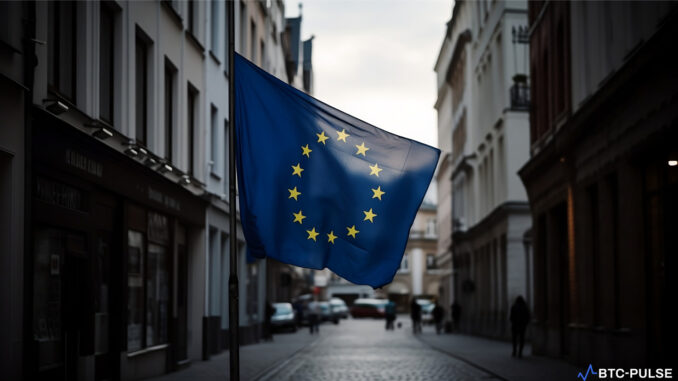
[ad_1]
The European Union’s recent approval of the AI Act marks a significant turning point in the global approach to artificial intelligence regulation.
With the unanimous endorsement by all 27 member states, the European Union has positioned itself as a global leader in setting standards for the ethical and safe deployment of AI technologies. This move not only reflects the EU’s commitment to innovative and responsible technology use but also sets a benchmark for other regions to follow.
Deepening the Regulatory Framework
The AI Act is built on a risk-based regulatory framework that categorizes AI applications according to their potential impact on society and individuals. This nuanced approach allows for the flexible application of rules, ensuring that innovation is not stifled while protecting citizen rights and safety. High-risk applications, such as those involving biometric identification or critical infrastructure, will undergo stringent assessment processes before they can be deployed.
Tackling the Deepfake Challenge
One of the most pressing concerns addressed by the AI Act is the proliferation of deepfakes. These AI-generated images, videos, or audio recordings that convincingly mimic reality have the potential to mislead people, manipulate public opinion, and compromise the integrity of information. The AI Act aims to mitigate these risks by enforcing transparency measures that require developers to disclose the use of AI in content creation, thereby helping to distinguish between genuine and AI-generated content.
Balancing Innovation with Ethical Considerations
The EU’s approach to AI regulation underscores the importance of balancing technological innovation with ethical considerations. By introducing a framework that categorizes AI systems based on their risk levels, the EU aims to foster an environment where innovation can thrive within a set of clear ethical boundaries. This balance is crucial for ensuring that AI technologies benefit society as a whole, without compromising individual rights or public safety.
Overcoming Political Hurdles
The path to the AI Act’s approval was not without its challenges. Initial objections from key member states like France and Germany highlighted the complexities of reaching a consensus on such a groundbreaking piece of legislation. However, the eventual withdrawal of these objections and the unanimous vote in favor reflect the EU’s ability to overcome political hurdles in pursuit of a common goal. This unity is a strong indication of the EU’s commitment to leading the charge in AI regulation.
Looking Ahead: Implementation and Global Impact
With the AI Act set to proceed toward legislation, the focus now shifts to its implementation and the global impact it may have. The establishment of an AI Office to monitor compliance and the measures to support local AI developers are critical steps in ensuring that the EU not only sets regulatory standards but also leads by example in fostering a responsible AI ecosystem.
Moreover, the AI Act’s global influence cannot be understated. As countries around the world grapple with the challenges of AI regulation, the EU’s comprehensive approach provides a model that others may look to for guidance. The act’s emphasis on transparency, accountability, and ethical considerations offers a framework that could shape global norms and standards in AI governance.
Conclusion
The EU’s AI Act represents a bold step forward in the regulation of artificial intelligence, signaling a shift towards a more responsible and ethical approach to technology governance. By prioritizing transparency, accountability, and ethical considerations, the EU is not only protecting its citizens but also setting a global standard for AI regulation. As the world continues to navigate the complexities of AI, the EU’s AI Act serves as a beacon, guiding the way towards a future where technology serves the greater good, balanced with the rights and safety of individuals.
[ad_2]
Source link




